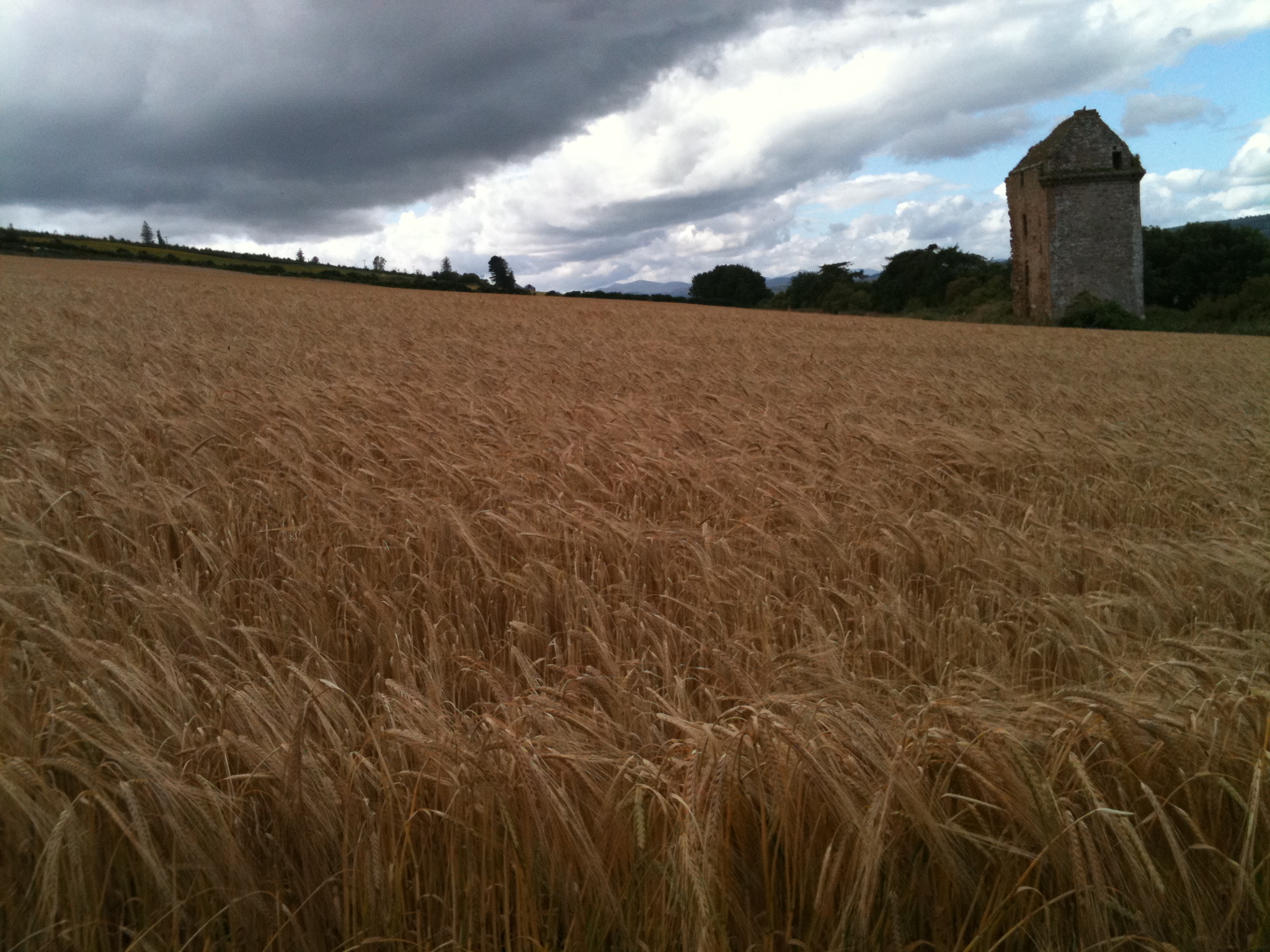Tag: Lughnasad
-

How Do We Stock Our Metaphoric Pantry?
Last year on Lughnasad I was all worked up over food. Riffling through some old files yesterday I discovered this entry: I’m not sure there’s a way to talk about the “First Harvest” without paying mind to the fact that there is a severe drought across the land, or that in other parts of the […]
